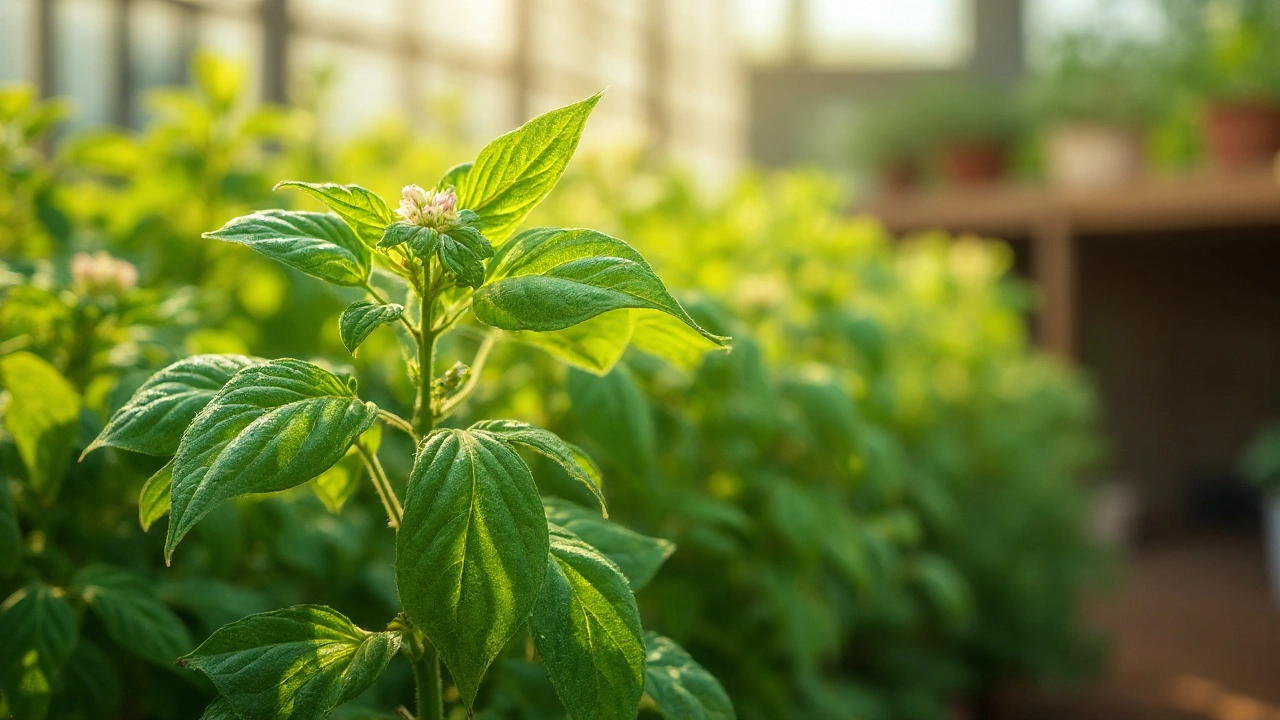Holy Basil Supplement – What It Is and Why It Matters
If you’ve heard that Holy Basil, also called Tulsi, can calm stress and boost immunity, you’re not alone. Many people turn to the herb as a daily supplement because it’s easy to take and fits into a busy routine. In this guide we’ll break down the main benefits, how much to take, safety tips, and where to get a reliable product.
Top Benefits You’ll Feel
Holy Basil is packed with antioxidants, which help protect cells from damage. Those antioxidants can lower inflammation, so you might notice less joint ache after a hard workout. The plant also contains adaptogenic compounds – that’s a fancy word for “helps your body handle stress.” Users often report feeling more balanced during hectic days.
Another popular reason to use the supplement is immune support. Studies on the herb show it can encourage a stronger response to common colds. If you travel often or work in a crowded office, a daily dose could give your defenses a little extra push.
How Much to Take and When
Most manufacturers recommend 300‑600 mg of a standardized extract once or twice a day. Start with the lower dose to see how your body reacts, then you can increase if you feel good. Take it with food if your stomach is sensitive – many people mix the powder into a smoothie or a glass of juice.
If you prefer capsules, choose a product that lists the amount of “rosmarinic acid” or “eugenol” on the label. Those compounds are the ones linked to the stress‑relief effects. Aim for a capsule that delivers at least 2‑3 % of these actives per dose.
Don’t take more than 1,200 mg a day unless a health professional tells you it’s safe. Going over can cause stomach upset, low blood sugar, or trouble sleeping.
Safety and Who Should Skip It
Holy Basil is generally safe for most adults, but there are a few red flags. If you’re pregnant or nursing, avoid the supplement – the plant can affect hormone levels. People on blood‑thinning medication (like warfarin) should also be cautious because the herb might increase bleeding risk.
Watch out for interactions with diabetes drugs. The herb can lower blood sugar, which might make your medication too strong. If you have any chronic condition, have a quick chat with your doctor before adding Holy Basil to your routine.
Allergic reactions are rare, but if you notice itching, rash, or trouble breathing, stop using it immediately and seek medical help.
Finding a Quality Product
Look for supplements that are third‑party tested. Labels that mention “USP verified” or “NSF Certified” give you confidence that the capsule contains what it says and is free of contaminants.
Read reviews and check the company’s reputation. A reputable brand will share details about where the basil is grown (usually India) and how it’s processed. Organic, non‑GMO, and no artificial fillers are plus points.
Finally, compare prices but don’t pick the cheapest option if it means cutting corners on quality. A good Holy Basil supplement usually costs between $15‑$30 for a month’s supply.
Whether you’re looking to calm stress, support your immunity, or just add a natural boost to your day, Holy Basil can be a handy addition. Start low, watch how you feel, and choose a trusted brand – that’s the easiest way to get the most out of this ancient herb.
Holy Basil Supplement: The Science Driving Its Global Boom

Explore how Holy Basil (Tulsi) works, the key phytochemicals behind its adaptogenic power, clinical evidence, market growth, and safe usage tips.
- September 22 2025
- Tony Newman
- 15 Comments
